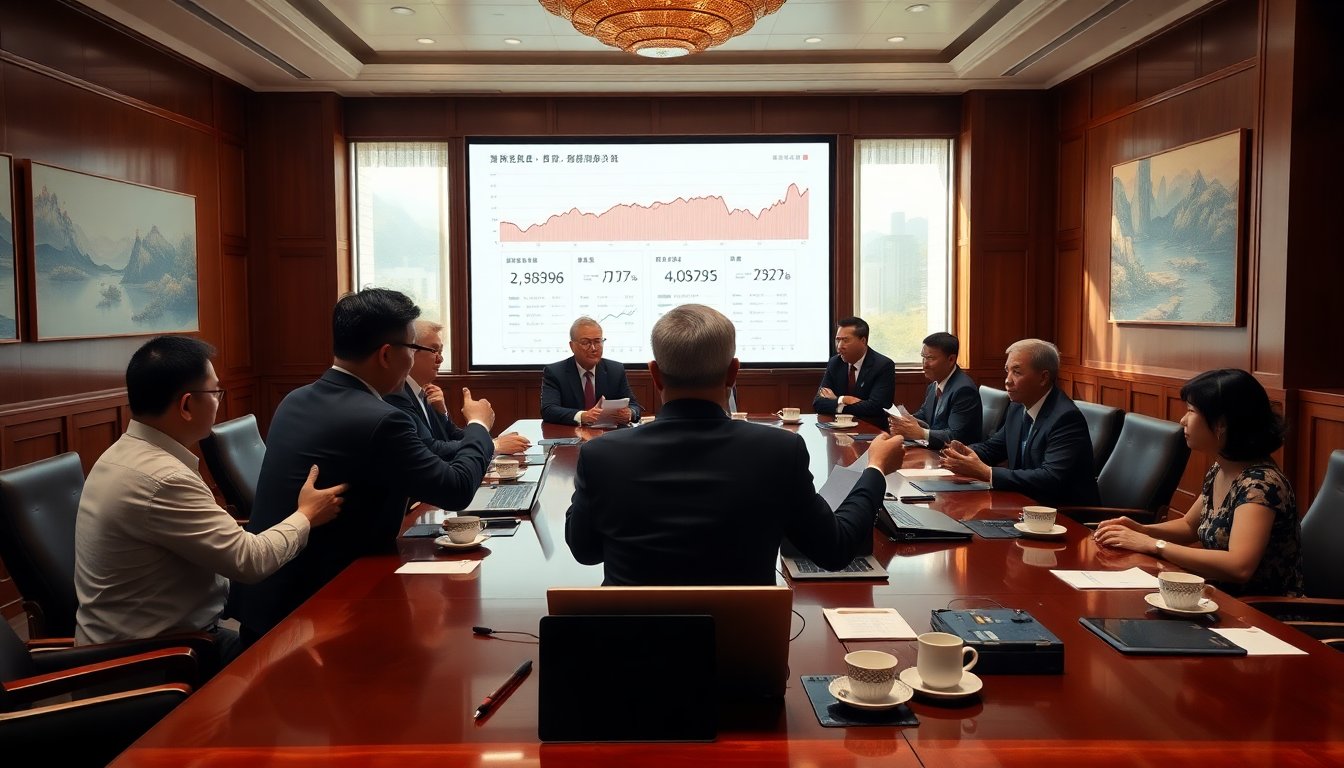Table of Contents
In a significant development in international trade relations, China has firmly rejected accusations from the United States regarding its recent export controls. Following the announcement of new tariffs by President Donald Trump, Beijing characterized the US actions as hypocritical and reiterated its commitment to resolving differences through dialogue rather than conflict.
On a recent Sunday, the Ministry of Commerce in China issued a comprehensive statement addressing the escalating tensions. The ministry described the US tariffs on Chinese goods as a double standard, asserting that their own export restrictions on rare earth elements were a necessary response to US provocations since the trade discussions held in Madrid last month.
China’s stance on trade tariffs
The Chinese government has made it clear that it does not seek a trade war; however, it also does not shy away from one if necessary. The ministry’s statement emphasized, “China’s stance is consistent. We do not want a tariff war but we are not afraid of one.” This declaration comes in light of Trump’s recent moves, which included a striking 100% tariff on Chinese imports and new controls on essential software exports set to take effect from November 1.
Retaliation and its implications
In response to the imposition of tariffs, Beijing noted that the US has engaged in provocative actions, including blacklisting Chinese companies and charging additional port fees for ships linked to China. The Chinese Ministry of Commerce criticized these moves as harmful to its interests and detrimental to the atmosphere necessary for productive economic discussions between the two nations.
Despite the ongoing tensions, China has refrained from announcing any immediate countermeasures. This is a notable shift from previous exchanges of tariffs, where both countries would typically respond with retaliatory measures. The current situation highlights the importance of rare earth elements, which are fundamental for manufacturing a wide array of products, from smartphones and electric vehicles to military applications and green technologies.
The significance of rare earth elements
China’s dominance in the production and processing of rare earths has become a focal point in the trade dispute. These materials are critical for various high-tech industries and have been a contentious issue during recent negotiations. Just days before the ministry’s statement, China announced new regulations on the export of technologies used in the mining and processing of these vital minerals, further escalating the situation.
Global market reactions
The renewed trade tensions have sent shockwaves through global markets, particularly affecting technology stocks and companies that rely on China’s rare earth processing capabilities. The potential ramifications of these tariffs extend beyond the US and China, creating uncertainty in international markets.
In a related note, Taiwan’s economy ministry indicated that the recent restrictions imposed by China on rare earth elements are unlikely to disrupt its semiconductor industry. The ministry clarified that the elements affected by the new ban are different from those utilized in semiconductor manufacturing processes, suggesting minimal impact on production. Taiwan, home to major semiconductor manufacturer TSMC, sources a significant portion of its rare earth materials from regions such as Europe, the US, and Japan.
The outlook for US-China relations
The ongoing trade standoff poses a risk to potential diplomatic engagements, including a highly anticipated summit between President Trump and Chinese President Xi Jinping at the upcoming Asia-Pacific Economic Cooperation (APEC) summit in South Korea. This meeting would mark their first direct interaction since Trump took office in January, highlighting the significance of resolving these tensions.
As both nations navigate this challenging landscape, the need for constructive dialogue becomes increasingly evident. The complexities of the trade relationship between the US and China require careful negotiation to avoid further escalation, which could have far-reaching consequences for both economies and the global market.


